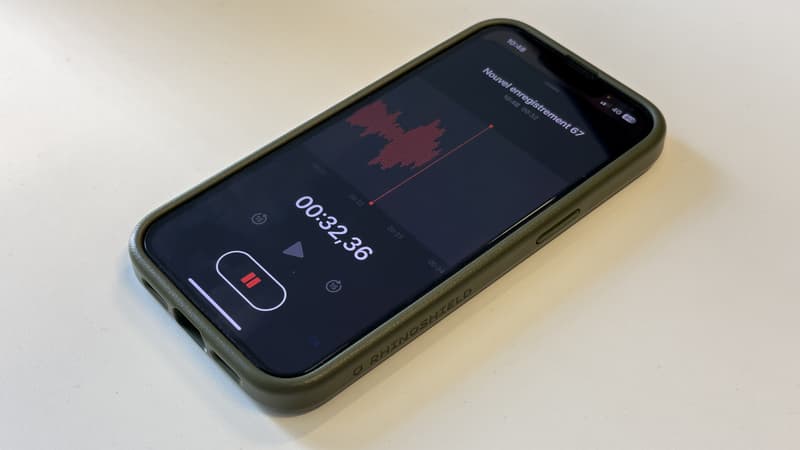Could your phone soon be spied on without your consent, to geolocate you or spy on your conversations? In any case, this is suggested by certain Twitter accounts, which transmit information about the Ministry of Justice’s 2023-2027 guidance and programming bill. In fact, this espionage will be technically limited and legally highly framed.
This text, presented by the Keeper of the Seals Eric Dupond-Moretti, however tends to set new legal frameworks for widespread but unregulated practices. Because remote activation of electronic devices in the context of legal proceedings is not a recent practice.
For several years, in order to recover elements for a prosecution, investigators can technically intercept data from a remote phone, with the authorization of an independent investigating judge, prosecutor or magistrate. In fact, it is about installing spyware -such as Pegasus- to divert all the data from a mobile.
“Legalize the legal”
Thus, article 230-34-1 of the bill establishes that “when the requirements of the investigation or investigation related to a crime or misdemeanor punishable by at least five years in prison so require, the judge […] may authorize the remote activation of an electronic device without the knowledge or consent of its owner or holders for the sole purpose of locating it in real time.
In other words, it is up to the researchers to install a cookie on the mobile of the target person to activate the GPS and collect geolocation information.
“We are only legalizing the legal,” concludes Alexandre Archambault, a lawyer specializing in digital law, referring to a legal vacuum.
microphone and camera
In fact, the use of spyware, often very expensive, will continue to be essential, to the extent that the means used must be installed on national territory according to article D98-7 of the Postal and Communications Code. This subtlety thus makes alliances with Apple and Google impossible, which have iOS and Android in their hands, and which are based abroad.
This legislative development will also allow, with the same guarantees, spying on the microphone and camera of a smartphone. Indeed, article 706-96 of the criminal procedure code already allows spying on a suspect, but by “manually” placing a microphone or a camera for it.
The new text allows a hacked smartphone to be used for this purpose, taking advantage of the phone’s built-in microphone and camera. In addition, the term “electronic device” included in the bill leaves the possibility of using data from a computer, or from a vehicle’s on-board computer, for example.
Application in the coming months
The Council of the Order of the Paris Bar indicates for its part to be attentive and especially concerned about the evolution of law. “This new possibility of remote activation of any electronic device, including the mobile phone […] constitutes a particularly serious violation of respect for private life that cannot be justified by the protection of public order.
“The technique will be authorized either by the liberties and detention judge, or by the investigating judge. Both are independent magistrates,” recalls Matthieu Audibert, a gendarmerie agent, who adds that this development thus applies to ” very specific offences.” “.
The Ministry of Justice’s orientation and programming bill 2023-2027 is currently in the hands of the Senate and will be debated in a public session at the beginning of June, for its planned implementation in the coming months.
Source: BFM TV


